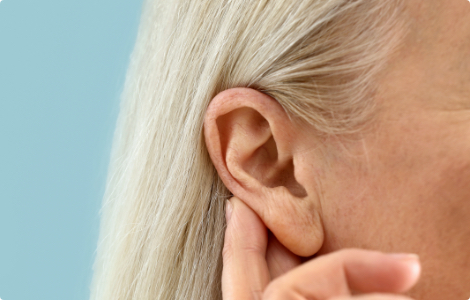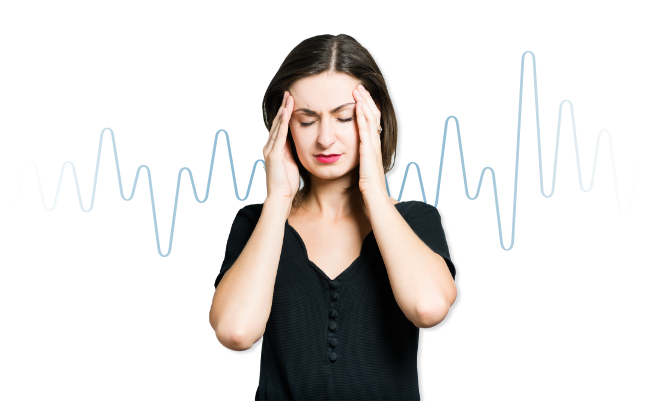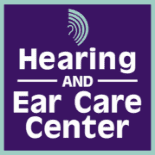Resources
We’re here for you through every phase of your hearing journey; and we’re committed to making every step as easy as possible. Whether you’re looking for hearing information or prepping for your first appointment, this page has you covered.
Patient Links
Everything you need, all in one place.
Below you’ll find everything you need for before, during and after your visit, as well as additional information on hearing healthcare.
Online Hearing Screening
Think You Might Have Hearing Loss?
Take our free, 5-minute online screening to get a better understanding of your hearing health. It can determine if a professional screening is right for you.
Hearing Loss
What Exactly is Hearing Loss?
Hearing loss is the total or partial inability to hear sounds in one or both ears. It happens as a result of the aging process, noise exposure or other health conditions. A diagnostic evaluation is the best way to identify your degree of hearing loss and develop the best treatment plan.


We answer some of the commonly asked questions related to hearing care, tinnitus, hearing aid products, assistive listening devices and more.
More on Frequently Asked QuestionsDownload our consumer's guide to hearing aids and make informed decisions on the purchase of your next hearing aid device.
More on Guide to Hearing AidsThe inner ear is the balance center of the body. Aging or injury to the head can cause balance problems and, at the same time, produce hearing problems of some sort. The ossicles of the inner ear contain liquid that sends the brain information about our balance or position as to vertical and horizontal. Disruptions cause dizziness and vertigo, an inner ear condition. The health of the inner ear directly relates to these conditions. For more information, contact Hearing and Ear Care Center today.
More on Hearing and Balance DisordersThere are a number of myths related to hearing loss that you might want to clear up. One of the most common myths is that you or others around you will notice hearing loss - that is NOT always the case!
More on Hearing MythsWhether you have hearing loss, suspect you have hearing loss, or are a family member of someone who has hearing loss, check out our top tips on helping to manage your or your family's loss of hearing.
More on Hearing TipsMusical arenas and recording studios feature loud, concussive noise. The repetition and long exposure that musicians are exposed to can cause hearing loss. Musician's ear protectors feature an ability to allow the musical notes to come through while protecting ears from the loudest noises. These products should always be worn in large venues. Those who work in these areas should use hearing protection too.
More on How to Prevent Hearing Loss for MusiciansSome hearing loss will disappear on its own. Temporary loss due to illness, for example, can be caused by simple otitis media clogging the middle ear. However, age-related loss, by far the most common hearing disorder, cannot go away on its own and generally gets worse over time. Older people losing their ability to hear often become isolated and lonely. They can’t understand speech, so they avoid people. This is the opposite of the recommended treatment. They should contact us and get a hearing test, get the help they need and join in the conversation again.
More on Impacts of Untreated Hearing LossWe provide the latest news and information regarding hearing loss treatment, hearing aids as well as hearing product and accessories in the hearing healthcare industry.
More on Latest Hearing Health NewsWhen picking out a new device – whether you’re upgrading from an older model or it’s your very first hearing aid – it’s important to review its battery specs. One of the main things to consider is whether or not you want a rechargeable battery or a non-rechargeable battery. Here are some things to think about to help you decide which type might suit you and your lifestyle the best.
More on Rechargeable vs. Non-Rechargeable Hearing AidsPeople lose hearing for several reasons, from physical issues to environmental factors. As we get older, organs and bones in the ear tend to deteriorate. It becomes harder to hear. Exposure to excessive noise over many years is the main culprit.
More on Types of Hearing LossTinnitus
Buzzing, whirring or ringing in your ears? It could be tinnitus.
Tinnitus is described as unwanted noises in one or both ears. It’s a common, yet frustrating condition that can dramatically impact quality of life. Luckily, many patients have found relief through treatments that effectively ease their symptoms.

